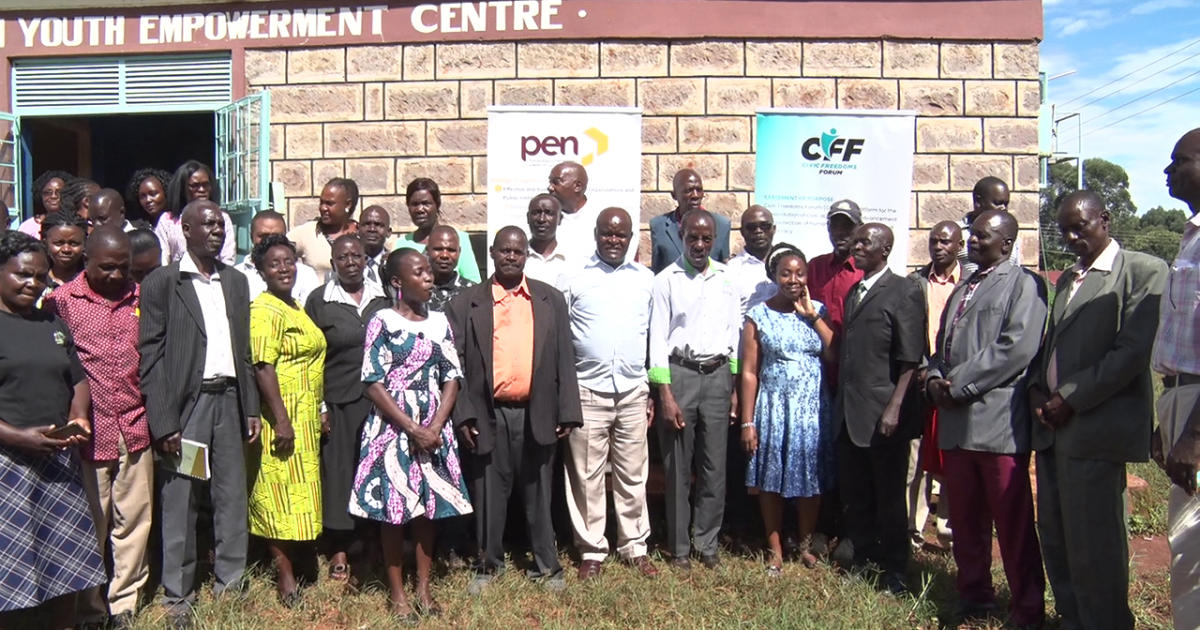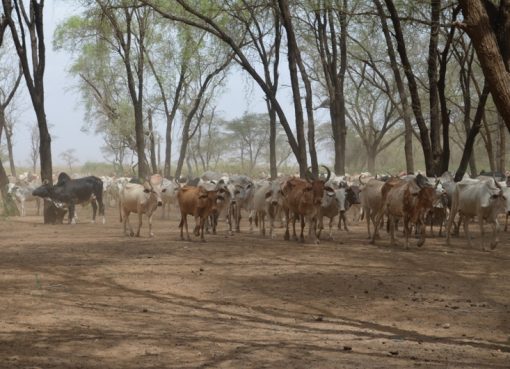Over 40,000 community groups in Kenya risk being deregistered if they fail to comply with the Community Groups Registration Act 2022.
Those that will be deregistered will also lose their bank account details.
The groups include Self-help groups, Youth groups, women groups, persons with disability groups, and Community Based Organizations (CBOs).
The community groups had 12 months up to 26th July 2023 to read, understand, and comply with the Act which was signed into law by former President Uhuru Kenyatta in July last year.
It’s the first law since independence to regulate Community groups whose operations were guided by the Presidential Executive order and implemented by the social development directorate.
The bill was introduced by former West Pokot Senator Samuel Phogishio who came up with the Community Groups Registration Bill 2021 which was passed by both the National Assembly and the Senate into an Act of Parliament.
The first attempt to regulate the sector was through Martha Karua, then as Gichugu MP, who introduced in parliament the Self-Help Association Bill 2015 that flopped after the first reading.
With the law, the government will closely monitor the operations of community groups which will be required to submit reports every close of the financial year to ensure they are dealing in legal activities as stipulated in the registration certificates.
The regulation comes as both the national and county governments seek to empower citizens through community groups by channeling funds.
Kakamega County Social Development Coordinator Charles Nerima said community groups play a vital role in improving the lives of citizens with the regulation coming to ensure that the funds channeled by both the National and County governments do not go to waste.
He said Kakamega has about 10,000 community groups which he hopes will comply with the regulations stipulated in the Act noting that leaders of those groups will always be held accountable in the operations of the groups.
In Kakamega, the Civil Society Organizations Network has begun a sensitization program to ensure community groups are abreast with the Act in order to avoid being deregistered.
The Network has partnered with the Civic Freedoms Forum (CFF) and Partnership for Empowerment and Networking in Kenya (PEN) through the Kenya Community Development Foundation (KCDF) to sensitize Social Development Officers about the Act.
Up to now, according to CFF data, only 54 out of 500 County and sub-county social development officers in the country have undergone training on the Act through workshops.
CFF further notes that the government is also yet to officially sensitize any community group on the law this is despite community groups risking losing their registration and certificates if they do not comply with the act within the set timelines.
In the law, a community group that fails to keep a register of its members commits an offense and is liable to a fine not exceeding Sh100 000 or suspension for such a period as the offense continues or both.
The law also states that every office bearer shall on conviction be liable to a fine not exceeding Sh. 100 000 or to imprisonment for a term not exceeding one year or both.
The chairman of Kakamega Civil Society Network Edward Wambani urged community groups to acquaint themselves with the law and adjust their operations if they would like to continue with their activities.
He said the law brings transparency in the operations of organizations saving Kenyans from being duped and falling victim to illegal organizations posing as empowerment groups.
The Coordinator of Civil Society Network Kakamega, Nicholus Anyangu said that both the National and County governments want to empower citizens through groups, with the law coming to ensure that the funds channeled to those groups uplift the lives of citizens.
Terry Owino, a member of Communities of Practice(CoP) Kakamega said that as Communities of practice, they will create synergy and work together for the entire community so that civil societies can improve the lives of residents.
By Moses Wekesa



